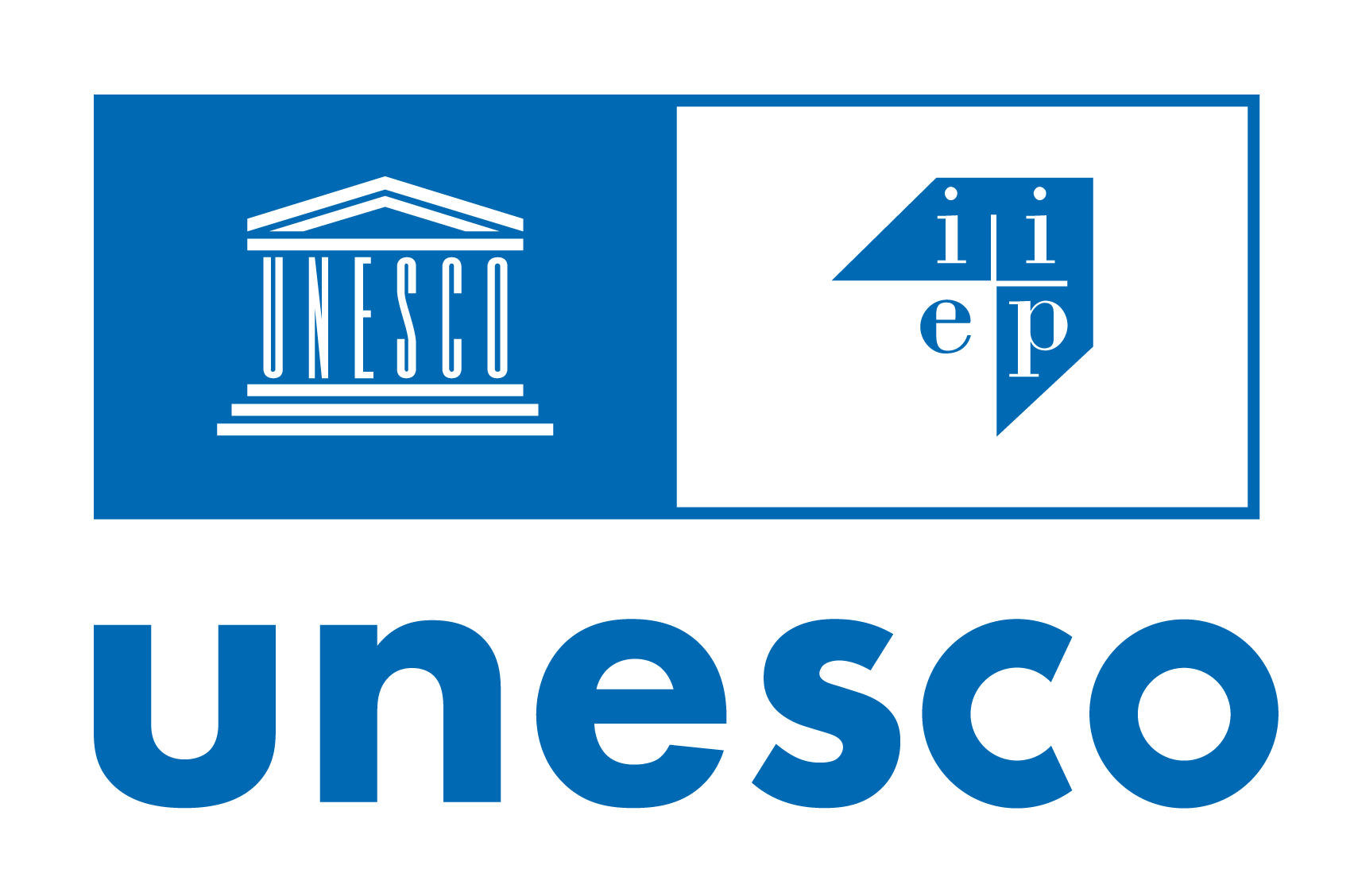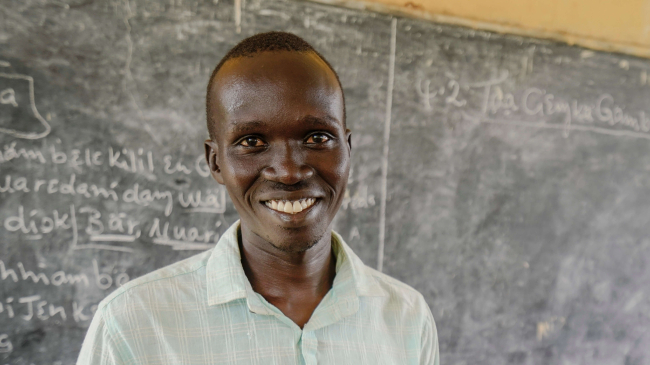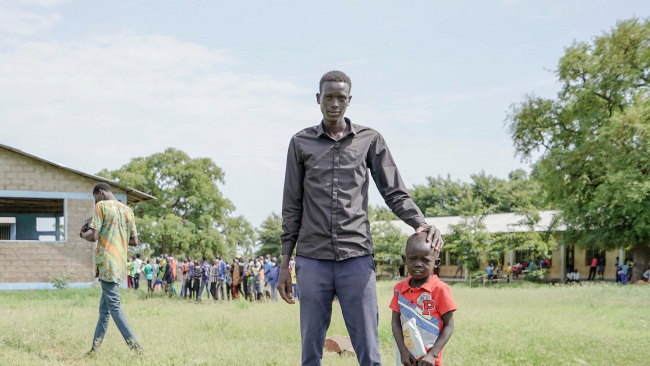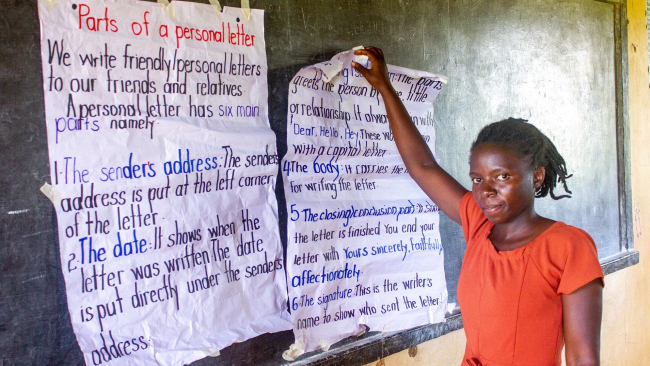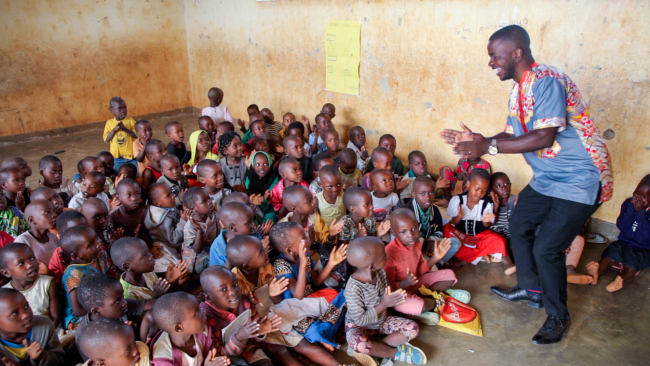UNICEF sees ECD as having the potential to play a fundamental role in preparing the groundwork for sustainable peace and resilient and cohesive communities essential for breaking cycles of conflict. Evidence from cognitive science suggests ECD, in fostering safe, nurturing, and stimulating environments, prepares children emotionally and intellectually for social life, taking advantage of crucial phases of brain development. This case study seeks evidence on the ground for this and other developmental pathways— particularly those that lead through social structures and culture—to see what is being accomplished in terms of peacebuilding in the actual ‘here and now’ at community level. The accomplishments made by ECD, and the challenges facing centres in Western Uganda are discussed, and recommendations are offered for improving the peacebuilding and child protection potential of ECD services in situations of protracted displacement and emergency/conflict. As part of this consultancy two case studies have been produced on ECD services in Uganda, each with distinct thematic and regional focus: • ECD in ongoing conflict (village and district) contexts and protracted displacement and emergency (refugee) contexts in Western Uganda (the present study). Here, the challenge for communities embroiled in ongoing conflict and opposed by ethnicity, livelihoods pursuits (agriculturalists vs. pastoralists), and the claims of rival kingdoms is to find a way for them to keep interethnic lines of communication open, provide tangible peace dividends in the form of education that has a ‘transformative’ potential, and promote security and freedom of movement. The Rwamwanja refugee settlement context also provides an example of how ECD fosters peacebuilding in a situation of humanitarian action and refugeedisplacement, where the hope is that returnee communities recognizing the value of ECD will recreate the ECD systems in Eastern DRC, thus contributing to resilient communities and regional peacebuilding. ECD also addresses equity issues creating pressures for conflict and undermining individual and societal resilience. • ECD in post-conflict North and Northeast Uganda (for full details see separate case study document). Exploring how ECD supports cohesive and resilient societies in post-conflict and ‘development’ phases but still experiencing risk of relapsing to violent conflict.
Year
2015
Pages
36
Countries
Resource Types
